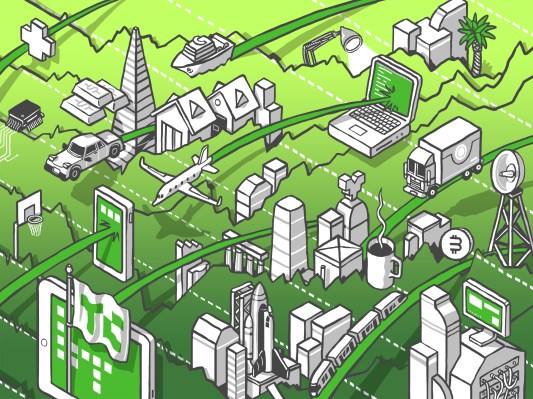For a brief moment earlier in the ongoing pandemic, it appeared that there was a solution for the backlog of richly priced startups that needed to provide their backers with liquidity: SPACs.
SPACs, or special purpose acquisition companies, are paper companies taken public with capital attached that then combine with a private entity, effectively bootstrapping startups onto the public markets.
That SPACs have a colorful history is to understate the case. But in 2020 to 2021, with startup capital flowing and high-profile backers aboard, some hoped that blank-check companies would rescue unicorns from private-market illiquidity. It was not to be. Some startups did go public via a SPAC, yes, but few brand-name unicorns, and in many cases, the blank-check debuts resulted in value incineration. Or worse.
The Exchange explores startups, markets and money.
Read it every morning on TechCrunch+ or get The Exchange newsletter every Saturday.
Recent news — from Bird’s potential delisting and the BuzzFeed employee lawsuit to the latest from Latch (more on that shortly) — has us wondering whether there really is a bottom to the mess that SPAC-led debuts left all over the public markets. Then we want to know who is to blame. Thankfully, we have receipts.
